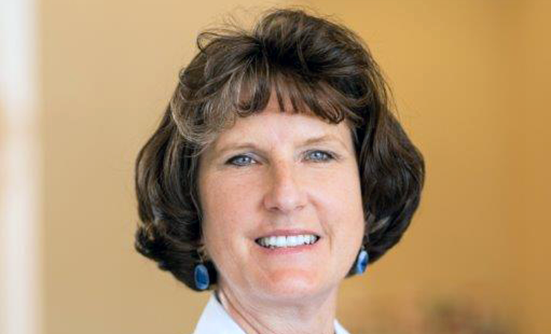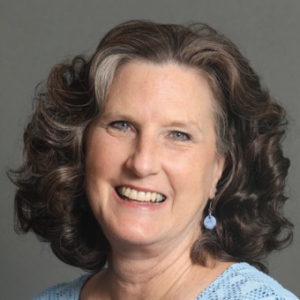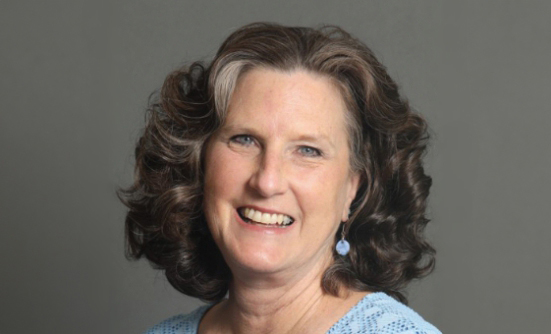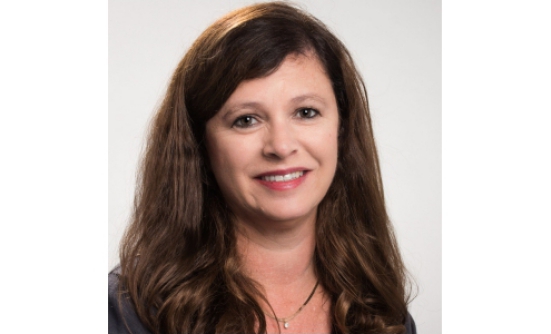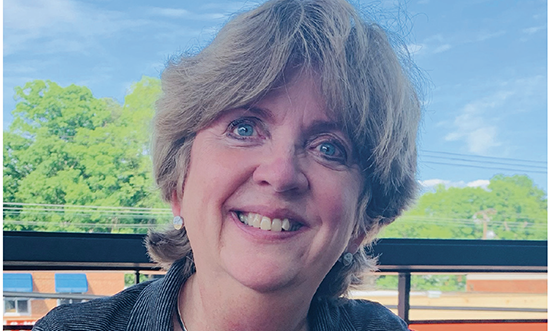Over the past 3 decades, there have been advancements in the screening for cancer, which helps to diagnose cancer early, when it is easier to treat or even diagnose.
There have also been significant developments in all types of cancer treatments. Similarly, the role of patient navigation has expanded and has become a widely accepted care concept as a health delivery support strategy.
According to the Academy of Oncology Nurse & Patient Navigators, having a navigator helps patients who are diagnosed with cancer to overcome barriers to appropriate care. This provides patients with timely access to quality medical and psychosocial care from the time of a cancer diagnosis through all the phases of their cancer experience.
There are different scopes of practice for navigators. The healthcare system may use a patient navigator who will work within the healthcare system during screening, diagnosis, treatment, survivorship, or across the cancer care spectrum, and even outside the healthcare network at a community-based organization.
How Will the Navigator Help Me?
Think of your navigator as a broker between you, the patient, and the healthcare system. Navigators help you navigate the healthcare system. The patient navigator is your primary point of contact, and works with other members of the care team to coordinate your care.
This critical person provides assistance with identifying challenges to cancer care, identifying potential solutions with you and your family, identifying financial assistance to address your needs, helping you to identify priority questions about your care, helping you to use time effectively with clinical providers, and working with colleagues, including social workers and nurse navigators, to provide psychosocial and community support.
The nurse navigator is trained in clinical information and is responsible to identify and address any barriers to timely and appropriate cancer treatment for patients. The navigator will guide you through the cancer care continuum—from diagnosis through survivorship.
Specifically, your nurse navigator will act as a central point of contact for you, and will coordinate all the components involved in your cancer care, including surgical care, medical care, and radiation oncology care; social workers; medical information; community support; financial and insurance assistance; and any issues you may experience during your cancer care. This person has the appropriate clinical background needed to ensure optimal care for you, and is a critical member of the multi-disciplinary cancer team.
Basically, your navigator can help to get you to where you need to go, and can describe the journey or experiences you will come across along the way as a patient with cancer. All navigators view the healthcare system through the eyes of the patient.
Your navigator is aware of the treatment you will experience as part of your care, and the community resources that can support you and your family. Your navigator will communicate with your healthcare team and collaborate on your behalf to facilitate the best care for you.
The Table below lists the type of questions or concerns you may want to share with your navigator, who will help you better understand the care you are getting, or may need later on, as well as any other concerns you may have.
Download and print out this list, and keep it with you whenever you speak with your navigator.
DOWNLOAD PDFCommunicating with Your Navigator
So how can you, as a patient, work with a navigator? First and foremost, be honest with your navigator, so he or she can make appropriate referrals to enhance your care.
If navigators don’t know the answer to something, they will direct you to another team member who does. They have a defined role, and they will transition you to other healthcare team members, as needed.
Your navigator may contact you during a personal visit or by a telephone call. May each of you become empowered and experience a sense of control provided by your navigator, as you journey through your cancer diagnosis.





